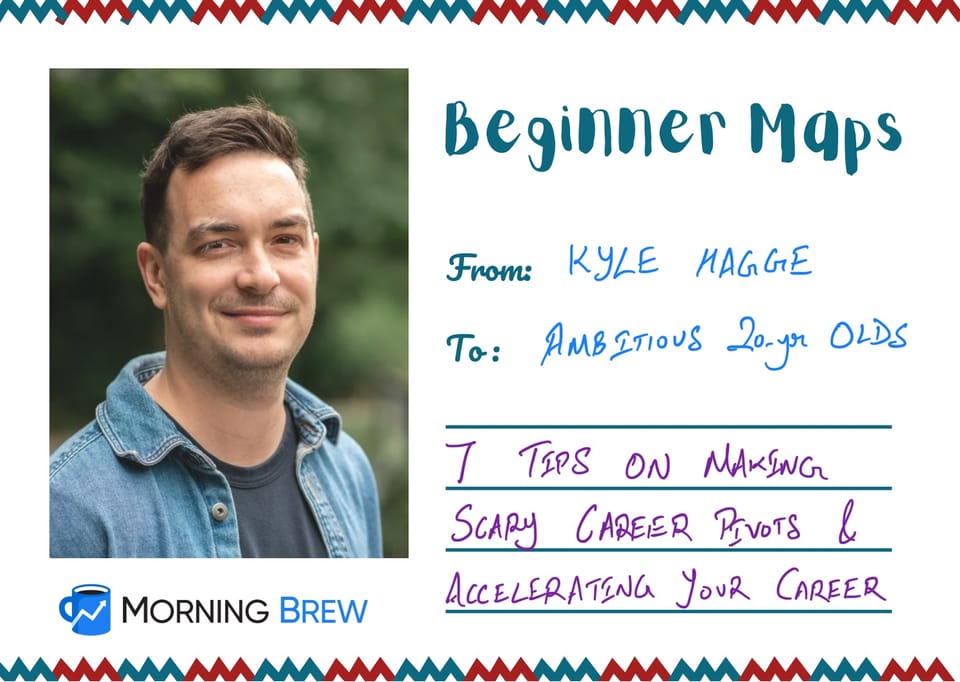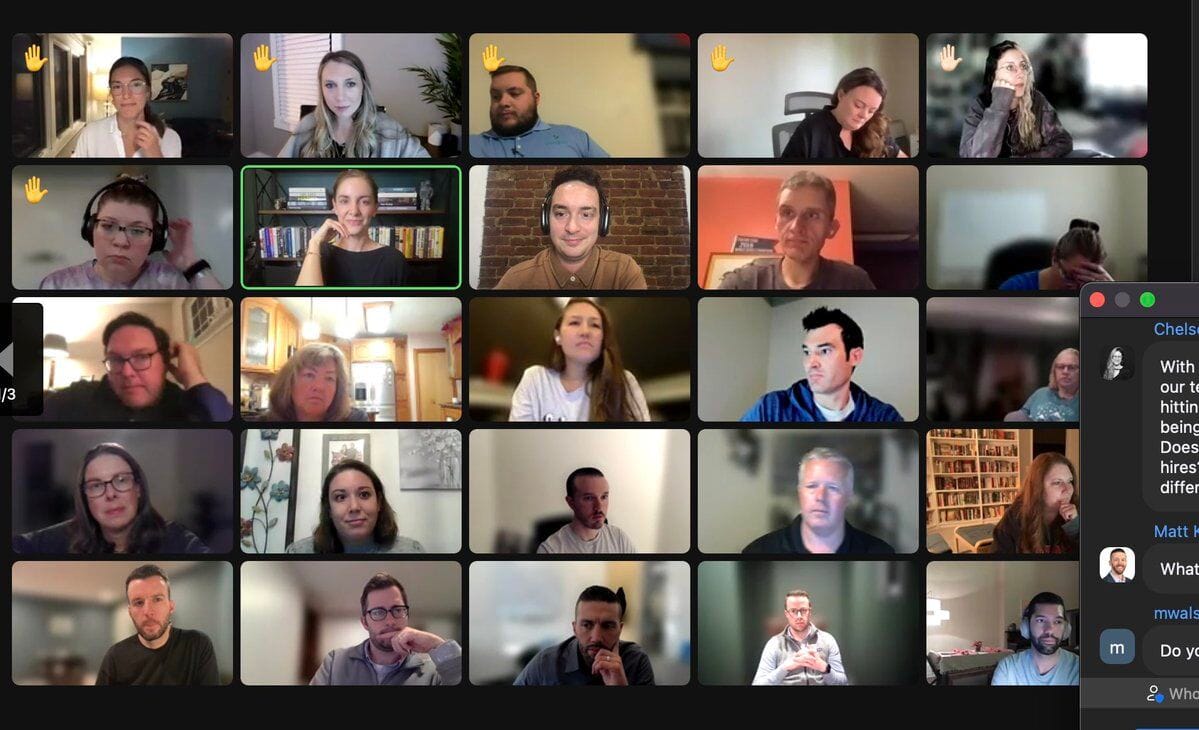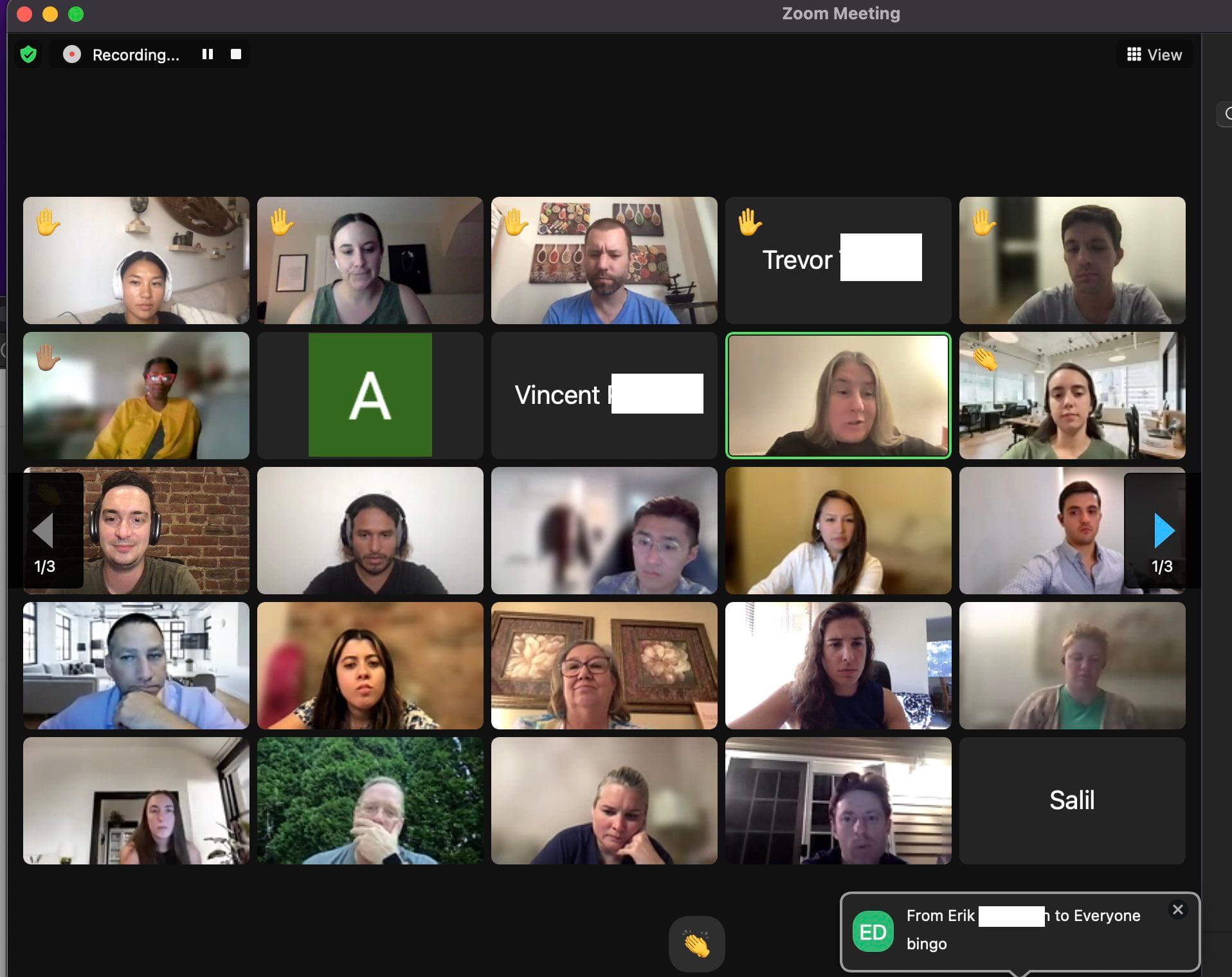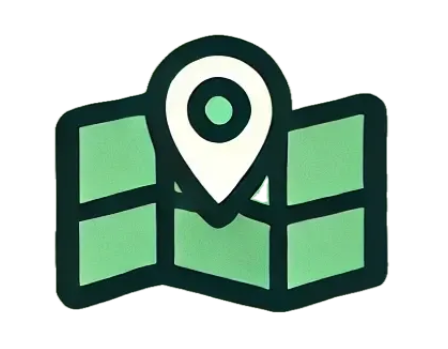7 Tips on Making Scary Career Pivots and Accelerating Your Career
7 tips that helped Kyle Hagge accelerate his career. How Kyle got to Morning Brew.

If you follow Kyle Hagge on LinkedIn or Twitter, you’ll often see him post screenshots from Morning Brew Accelerator events that look like these:


What I find really interesting about them, apart from the awesome guests, is that so many people have their hands raised. If you build communities like I do, hosting such events might be a dream for you too. This is something Kyle does frequently at his job at Morning Brew as the Lead Community Manager.
That’s why, I was shocked to learn that this was Kyle’s first ever community management role!
So, I asked him all about how he made this career transition in this podcast:
Here are 7 ideas Kyle shared in our conversation that have helped him accelerate his career:
1. Learn the art of storytelling your own career
“Advice to anyone in their twenties who wanna accelerate their career - The number one skill that you need to learn is how to story tell your own career.”
Do not expect the person interviewing you to connect the dots from your past. It is your job to connect them, walk them through it and show them how you’ll be the perfect fit for this role.
This is what helped Kyle get the Morning Brew job. Here’s how that story goes:
- He had been an AmeriCorps coach for two years, where he was in-charge of a community of 40 high school students who weren't necessarily friends before, who now had a shared objective to increase their ACT score, that no one wants to study for.That was the ultimate job of a community manager. He had to find a way to bring different people together towards a shared mission, make it fun, make it engaging and keep their attention for an entire school year.
- Then, in grad school, he was a part of 15 person fellowship of people who took economic and social justice classes on the side. Here he saw the power of community from the other perspective - as a member. He saw the power of bringing people with different backgrounds together for a shared purpose.
- And then, he ran the Bridge the City podcast which focused on the local community. He interviewed leaders in Milwaukee with the goal of creating a community of Milwaukee residents who wanted to affect change at the local level.
That’s why, even though he didn’t have any official “community” role in the past, he was able to convince the recruiters that he was the perfect candidate for the role.
2. Position your beginner’s mindset as your strength
*“The problem with experts is they know what's not possible. They have done it all. And they're in the box thinkers. That's what expertise is.
And sometimes being a beginner, you don't know, what's not possible. So you often find out that the things experts think are impossible, actually aren't.”*
As a beginner, you're innately curious. You want to test and experiment everything cause you're not positive about anything. And because of that, you can come up with very innovative ideas.
It might be innovation like, “wow, you found a new way to absolutely suck at this job”, but sometimes it's good, like, “wow, you found a new way to do this and we never would've thought of that.”
So being a beginner is not a bad thing. It's about how you story-tell it and how you approach that new position.
3. Create your personal monopoly
“I'm not the best football player. I'm not the best roller blader. I'm not the best bubble blower. But if I'm pretty good at all of them and I did them all at the same time, then, I'm probably the best because there's not a lot of people doing that.”
The basic concept of personal monopoly is that you are likely not the best at one single thing in the world, but you are probably the best at a combination of three things that you're incredibly passionate about.
Kyle’s personal monopoly is at the intersection of:
- Community - obviously.
- Innovation - this allowed him to approach the problem of building Morning Brew’s first ever paid product (the Accelerator) with first principles thinking.
- Justice - this allowed him to connect with a different persona of Morning Brew audience outside the tech bubble.
So spend time on identifying your personal monopoly.
4. Throw out your 5-year career plan
“If you make a five year career plan, you are making a plan for a person that does not yet exist.”
We are good at recognising that we've changed a lot from the past to present, but we dramatically undervalue how much we will change in the future.
So, if you make a 5-year career plan, you're gonna miss the serendipitous opportunities that could change the trajectory of your career because you are so laser focused on this plan you made three years ago when you were different.
What you should do instead – don't settle for shit in the present.
Find a place where you feel valued, where you're building something interesting where you like going to work, you like your coworkers. And once you have that, go heads down for a year, become great at it, then pull your head out of the sand and reflect about what you want.
5. Increase your collisions with the world
“Every single day try to do one thing you've never done before. Maybe that's you try new food, you go to a new restaurant, you walk a different way to work.”
If you’re constantly doing that,
- You're gonna stay really fresh, really sharp. Life is gonna be a lot more interesting.
- You're gonna start uncovering these new things you never thought you'd like, or these new people you never would've met before.
Kyle calls this the “Collision Theory”. He has written a phenomenal article about this on his website where he discusses how to create collisions for work, ideas and personal growth.
6. The best thing you can do in your 20s - have “weak ties”
“If I needed a new job, I wouldn't actually go and ask my best friend because they already know me. If they found a job that was like perfect for me, they already would've told me.”
One of the best things you can do in your twenties is make a lot of connections, a lot of weak ties. These weak ties are gonna expose you to a lot of the opportunities that will help you build the life that you ultimately want.
When Kyle moved to New York, he got a coffee chat with 50 people for the first 50 days. He went on Twitter and DM’ed anyone that had “New York” in their bio.
His advice – don't shy away from the cold email or the cold DM. Most people are responsive and if they're not, then who the fuck cares. You just wasted five minutes of your day. Move on, email, someone new.
7. Optimise for the mentors you’ll have at your job
“If you can find someone that really knows what they're doing, cares about you, gives you opportunity and challenges you to be, you know, the person they believe you can be, but you're not yet, there's not a better feeling in the world than that.”
When you evaluate a person’s job, you often talk about what the role is, the compensation or the company’s mission. But it might be equally important, if not more, to talk about who the boss is going to be.
At Kyle’s previous job as the Podcast Producer at Marquette, his boss was the former CEO of a billion-dollar publicly traded company who had written a book about innovation.
So, at the age of 25-26, Kyle was working pretty much every day with him, interviewing people with him, thinking about his writing and helping him do events. This made him grow more in those two years at Marquette than within any other time in his life.
Having such a boss is like having a mentor that has to see you every day. You can bother them with whatever you want and they can't tell you to fuck off because it’s their job to help you.
So, don't get suckered into working at a sexy company. Get to know your boss and the people you're gonna be working with. Ask yourself - “do you wanna be the people you're working with?” Because whether you like it or not, if you spend 8-10 hours a day with the same people, you are going to become like them.

